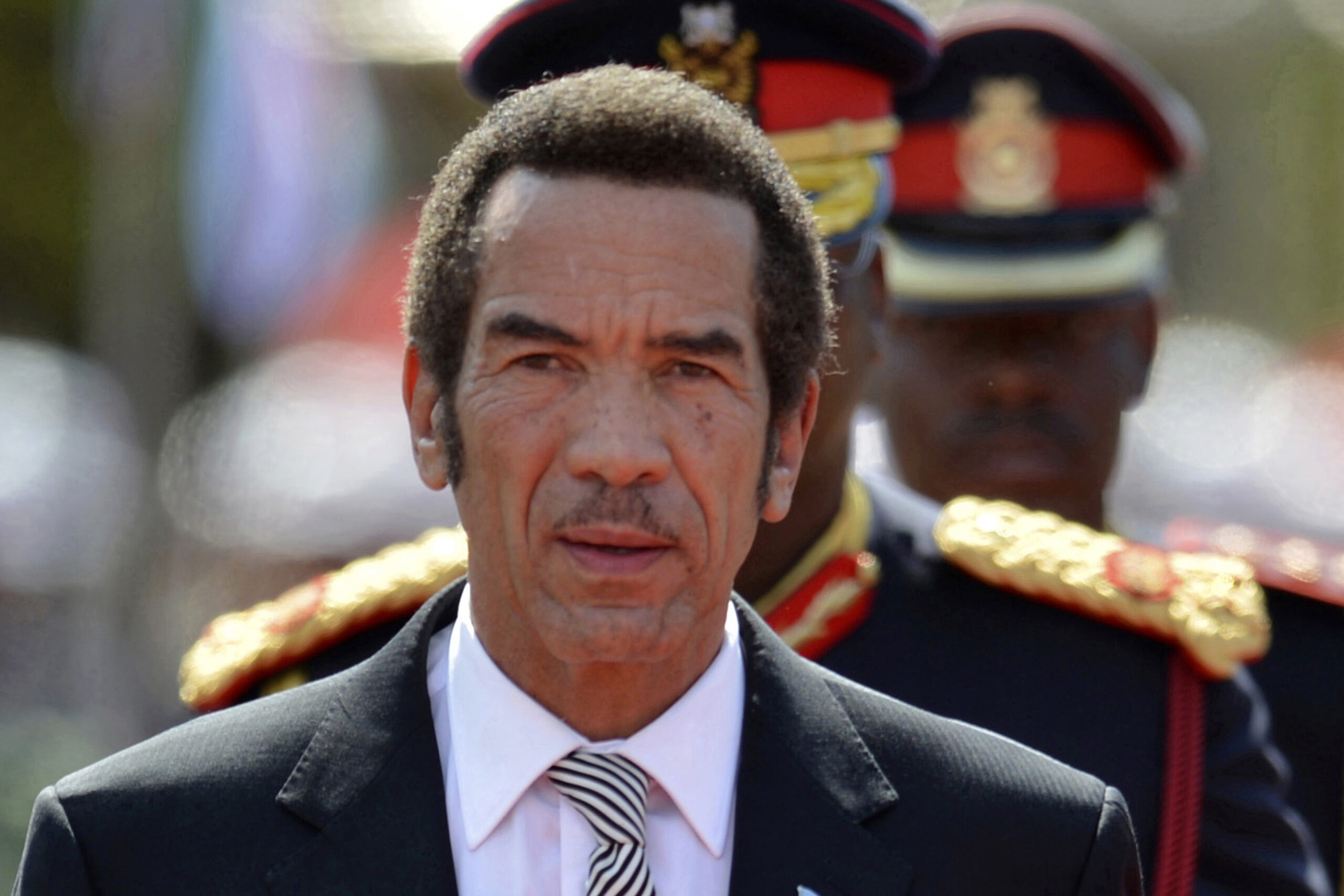
Botswana’s elections explained: the role of the ‘Khama Factor’

Polls have officially closed in Botswana’s 2019 general elections. Officials from the country’s Independent Elections Commission estimate that ballot-counting will begin in earnest in the early morning hours of Thursday, October 24.
The vote was the country’s twelfth general election since independence in 1966 on October 23rd.
The results will decide who will hold 57 national assembly and 490 local government seats, and of course, the country’s presidency.
In its 53 years in power, the ruling Botswana Democratic Party (BDP), currently led by President Mokgweetsi Masisi, has never come close to losing a presidential vote.
But experts say this could well change by the end of Friday.
That’s because former president Ian Khama, son of Botswana’s founding father, has forged an alliance with the opposition.

Khama is likely to divide the vote for the ruling BDP party in its traditional stronghold rural areas, mainly in the Central District, where the Khama hails from and is also an important tribal chief.
The statesman quit the ruling party BDP after a fall out with Masisi, whom he had handpicked as his successor.
Instead, the lifelong BDP stalwart formed his own party, the Botswana Patriotic Front (BPF), which has since declared support for the main opposition coalition ‘Umbrella for Democratic Change’.
But how will the next president be chosen?
The leader of the political party that wins a majority of the seats in parliament will become president of the country.
If there is no outright winner, this will lead to a hung parliament, opening the door to the creation of a ruling coalition.
While most analysts believe this outcome to be an unlikely one, it could set the former president Ian Khama up as a kingmaker, since he would be able to decide where to grant the votes garnered by his newly formed BPF.
The ruling BDP meanwhile, will be banking on the lack of unity among opposition parties to eke out an outright win.






